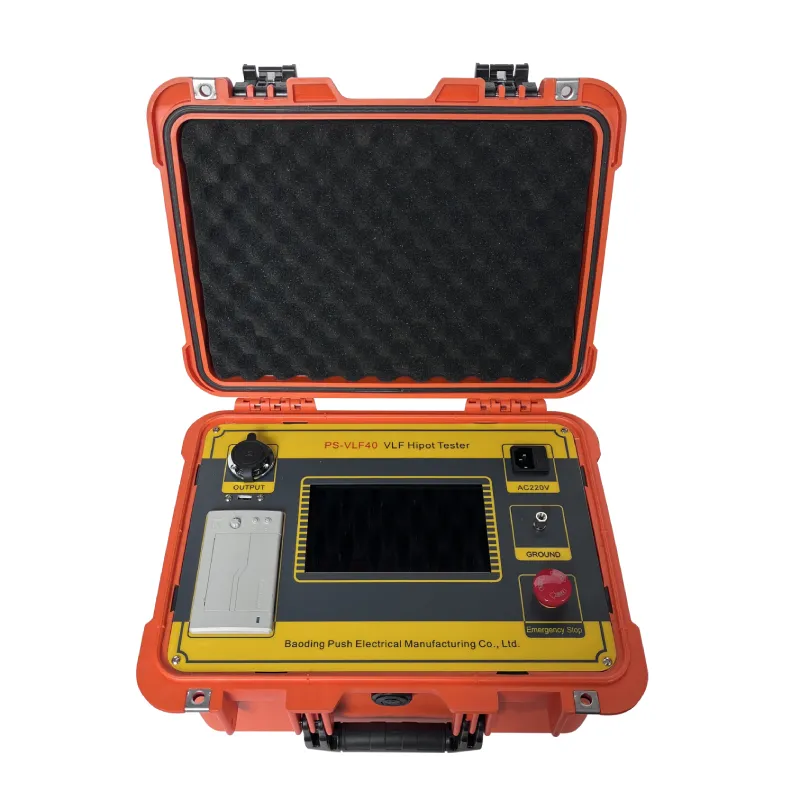 English
English


Understanding the Functions and Benefits of Offload Tap Changers in Electrical Systems
Understanding Off-load Tap Changer Functionality and Applications
An off-load tap changer (OLTC) is an essential component in the realm of electrical engineering, specifically utilized in transformers to manage voltage levels. With increasing demands for efficient energy conversion and distribution, the significance of OLTCs has escalated. Unlike on-load tap changers, which adjust transformer taps while the transformer is under load, off-load tap changers require the transformer to be disconnected from the power supply during adjustment. This article delves into the functionality, advantages, and applications of off-load tap changers.
Functionality of Off-load Tap Changer
The primary role of an off-load tap changer is to regulate the output voltage of a transformer. It does this by altering the turns ratio of the transformer through mechanical switching of taps on the winding. The main components include a selector switch, a diverter switch, and a series of taps on the transformer winding. When changes to the transformer’s voltage capacity are necessary, maintenance teams can manually switch to a different tap position, which changes the effective voltage ratio.
The operation of an OLTC is straightforward but critical for maintaining system stability and efficiency. For instance, if a transformer is supplying a load that experiences fluctuations, the OLTC can adjust the voltage output during a scheduled outage or maintenance period. This capability is crucial in applications where voltage regulation is paramount, such as in substations, industrial plants, and utility grids.
Advantages of Off-load Tap Changer
One of the significant advantages of off-load tap changers is their simplicity and reliability. Since they are not under load during switching operations, the risk of arcing and damaging electrical components is minimized. This operational safety makes OLTCs an attractive option in scenarios where maintenance is regularly conducted.
off load tap changer

Moreover, off-load tap changers usually suffer from less wear and tear compared to their on-load counterparts, given that they work under less stress. The reduced mechanical complexity also leads to lower maintenance costs over time, making them economically beneficial for utilities and companies managing high-power transformers.
Another notable feature is their effectiveness in applications where frequent voltage adjustments are not required. Industries that operate under stable load conditions and periodically need to switch voltage levels find OLTCs highly suitable. Applications range from distribution transformers to large power transformers used in electric power generation and transmission systems.
Applications of Off-load Tap Changer
Off-load tap changers find extensive applications across various sectors. In the power generation industry, they are commonly utilized in transformers located in power plants, where voltage adjustments are vital for synchronizing with grid requirements. In substations, OLTCs maintain voltage levels to ensure reliable electricity supply to consumers and minimize power losses.
Additionally, industries with specific voltage requirements, such as manufacturing and process industries, benefit from the use of OLTCs. For instance, equipment like motors and control systems often necessitate precise voltage levels for optimal performance. OLTCs provide a means to accommodate these needs without overly complicating the transformer system.
Conclusion
In conclusion, off-load tap changers play a pivotal role in the stability and efficiency of electrical systems. Their design prioritizes safety and reliability, making them an excellent choice for various applications in power distribution and industrial settings. As the demand for efficient energy management strategies continues to grow, the role of OLTCs in maintaining operational effectiveness and ensuring seamless power supply will undoubtedly remain crucial in the evolving landscape of electrical engineering.
-
Differences between open cup flash point tester and closed cup flash point testerNewsOct.31,2024
-
The Reliable Load Tap ChangerNewsOct.23,2024
-
The Essential Guide to Hipot TestersNewsOct.23,2024
-
The Digital Insulation TesterNewsOct.23,2024
-
The Best Earth Loop Impedance Tester for SaleNewsOct.23,2024
-
Tan Delta Tester--The Essential Tool for Electrical Insulation TestingNewsOct.23,2024





